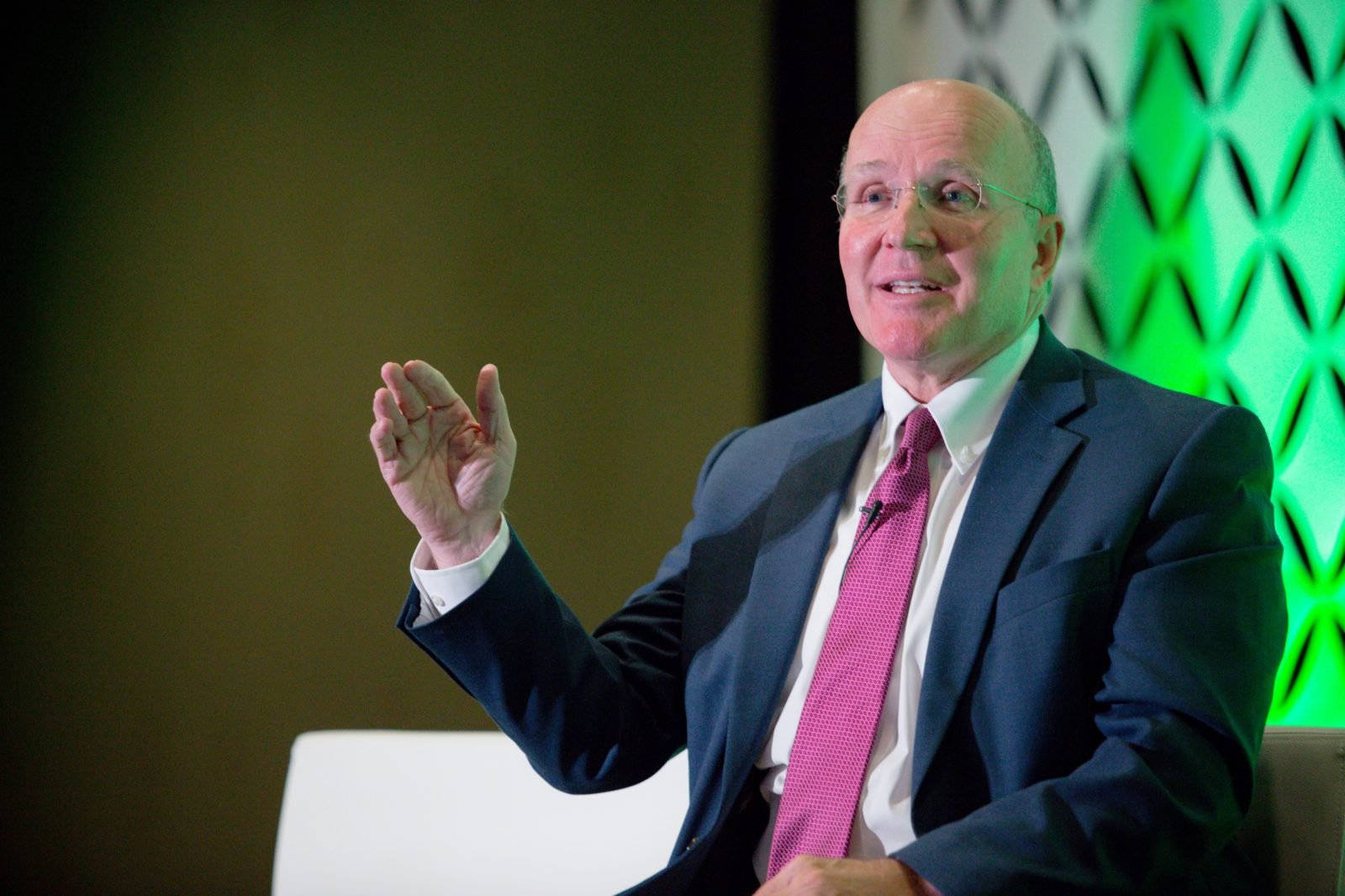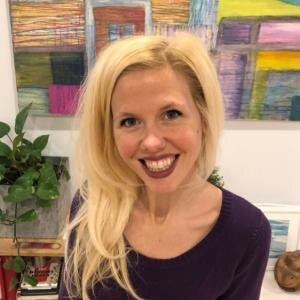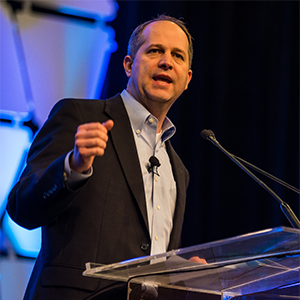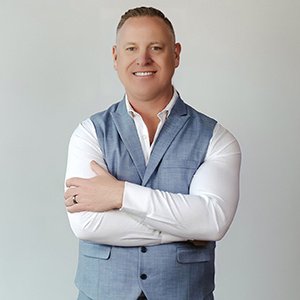NEW SHOW FEATURE: If you want to ask Ron or Ed a question and be featured on the show, please submit a voice recording from any device at https://thesoulofenterprise.com/questions
SHOW SUMMARY: With the explosion of ChatGPT and other AI tools recently, Ron and Ed thought it made sense to investigate some of the forebears of AI technology. Certainly, Issac Asimov's I, Robot falls into that category and who better to have a conversation about it than our (TSOE's) goto consultant on sci-fi, Robert Wood. This promises to be a far reaching and insightful conversation that you do not want to miss.
SHOW NOTES
Segment one
I, Robot was first published in 1950. Robert first read it in high school (implying he’s read it more than that) https://en.wikipedia.org/wiki/I,_Robot_(film)
Robert referenced this today: Robby the Robot is a fictional character and science fiction icon who first appeared in the 1956 film Forbidden Planet. https://en.wikipedia.org/wiki/Robby_the_Robot
Susan Calvin was the robot psychologist in I, Robot - born in 1982 and died at 82 either in 2064 or 2065 https://en.wikipedia.org/wiki/Susan_Calvin
Robert Wood: “So I think I think there's a lot of that fear of the unknown things. We don't understand things we're scared of being more powerful than we expect”
Segment two
1/4 Maybe you’ve heard about the Three Laws of Robotics? Yeah, they come from I, Robot. Here they are…
2/4 First rule: A robot may not injure a human being or, through inaction, allow a human being to come to harm.
3/4 Second rule: A robot must obey orders given it by human beings except where such orders would conflict with the First Law.
4/4 Third rule: A robot must protect its own existence as long as such protection does not conflict with the First or Second Law.
There's a book by Daniel Suarez called Kill Decision where he addresses drones and who makes the decision for them to actually pull the trigger https://en.wikipedia.org/wiki/Kill_Decision
A positronic brain is a fictional technological device, originally conceived by Isaac Asimov and, somewhat recently, in place with Data on Star Trek: The Next Generation. https://en.wikipedia.org/wiki/Positronic_brain
Segment three
Swiss Startup Connects 16 Human Mini-Brains to Create Low Energy 'Biocomputer' https://www.sciencealert.com/swiss-startup-connects-16-human-mini-brains-to-create-low-energy-biocomputer
Would You Kill the Fat Man?: The Trolley Problem and What Your Answer Tells Us about Right and Wrong https://press.princeton.edu/books/hardcover/9780691154022/would-you-kill-the-fat-man
One of Ron’s favorite lines from I, Robot is from the robot psychologist: “I see you intrude on my field — as every politician must”
“My Parents’ Dementia Felt Like the End of Joy. Then Came the Robots” https://www.wired.com/story/parents-dementia-robots-warm-technology/
“Europe’s comparative advantage seems to be regulation rather than innovation” —Ron Baker
Segment four
We have a preferred price for Ed’s upcoming event in Dallas with Hector Garcia. Use code FOE900 at this link: https://reframe.shoprocket.io/#!/2-day-event-in-dallas-tx-aug-5-6
Both Ron and Ed will be at the Digital CPA event in Dallas! Use the code CPA100 when registering at this link: https://www.cpa.com/digital-cpa
Robert was joking earlier that Elon Musk believes AI is such an existential threat he didn’t create one but two AI companies.
The singularity concept was first introduced by Vernor Vinge. The idea that at some point, computers would become sentient, collectively. https://en.wikipedia.org/wiki/Vernor_Vinge
A big THANK YOU to Robert Wood for joining us today. You can find him on X (@bertowud) and on LinkedIn https://www.linkedin.com/in/bertowud/
Bonus Content is Available As Well
Did you know that each week after our live show, Ron and Ed take to the microphone for a bonus show? Typically, this bonus show is an extension of the live show topic (sometimes even with the same guest) and a few other pieces of news, current events, or things that have caught our attention.
Click the “FANATIC” image to learn more about pricing and member benefits.





























